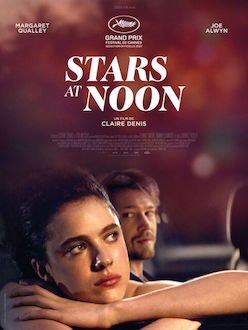Direction: Francis Ford Coppola
Country: USA
After more than 40 years in development, Francis Ford Coppola finally unveils Megalopolis, an ambitious sci-fi epic he largely financed himself. The idea for this eccentric, dense film came to Coppola during the making of Apocalypse Now, raising high expectations. However, despite its long gestation, Megalopolis unfolds as a bloated soap-opera-like spectacle that struggles under the weight of its convoluted themes and sprawling subjects.
The story follows Cesar Catilina (Adam Driver), a brilliant yet enigmatic visionary with a controversial past and the ability to stop time. His grand ambition is to construct a utopian “city of the future” in New Rome. However, his dream faces fierce opposition from the city’s conservative mayor, Franklyn Cicero (Giancarlo Esposito), while he finds both love and support in Cicero’s daughter, Julia (Nathalie Emmanuel), a medical school dropout.
Though the film nods to cinematic classics like Brazil (1985), Metropolis (1927), and Dark City (1998), it feels soulless. Despite the weighty themes of political struggle, futuristic utopia, and satirical pop culture, the film feels surprisingly naive, a grab bag of ancient sci-fi ideas and plastic performances that fail to provoke. Copolla dedicated the film to his late wife but Megalopolis is already seen as the greatest disappointment of the year.








































